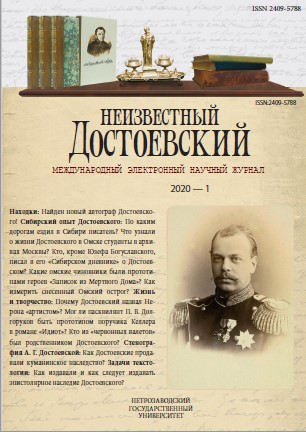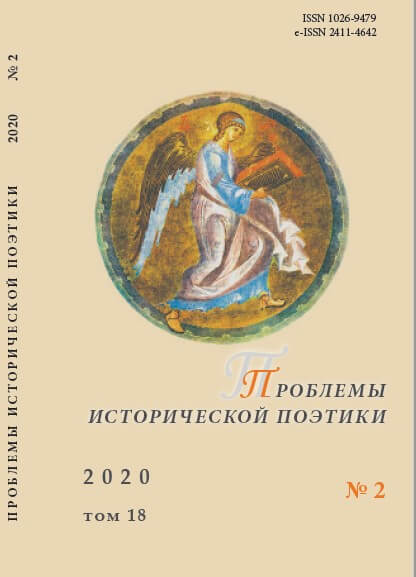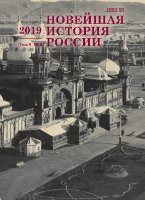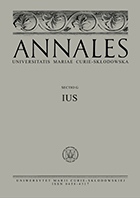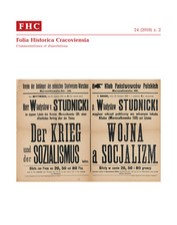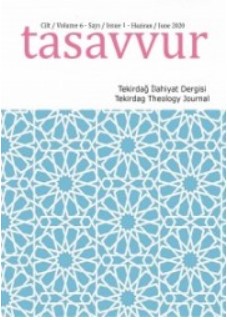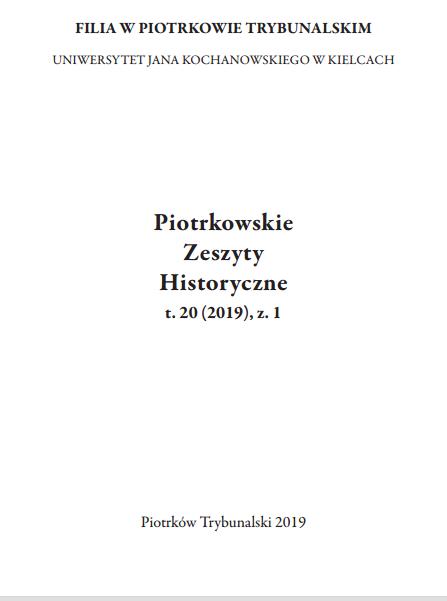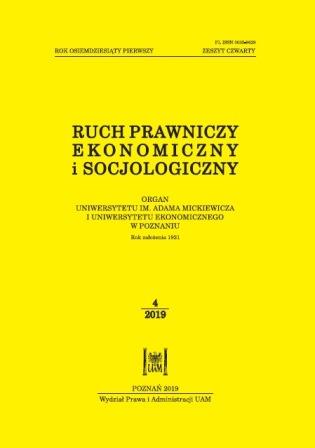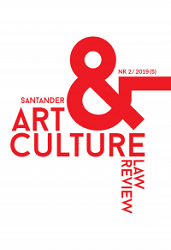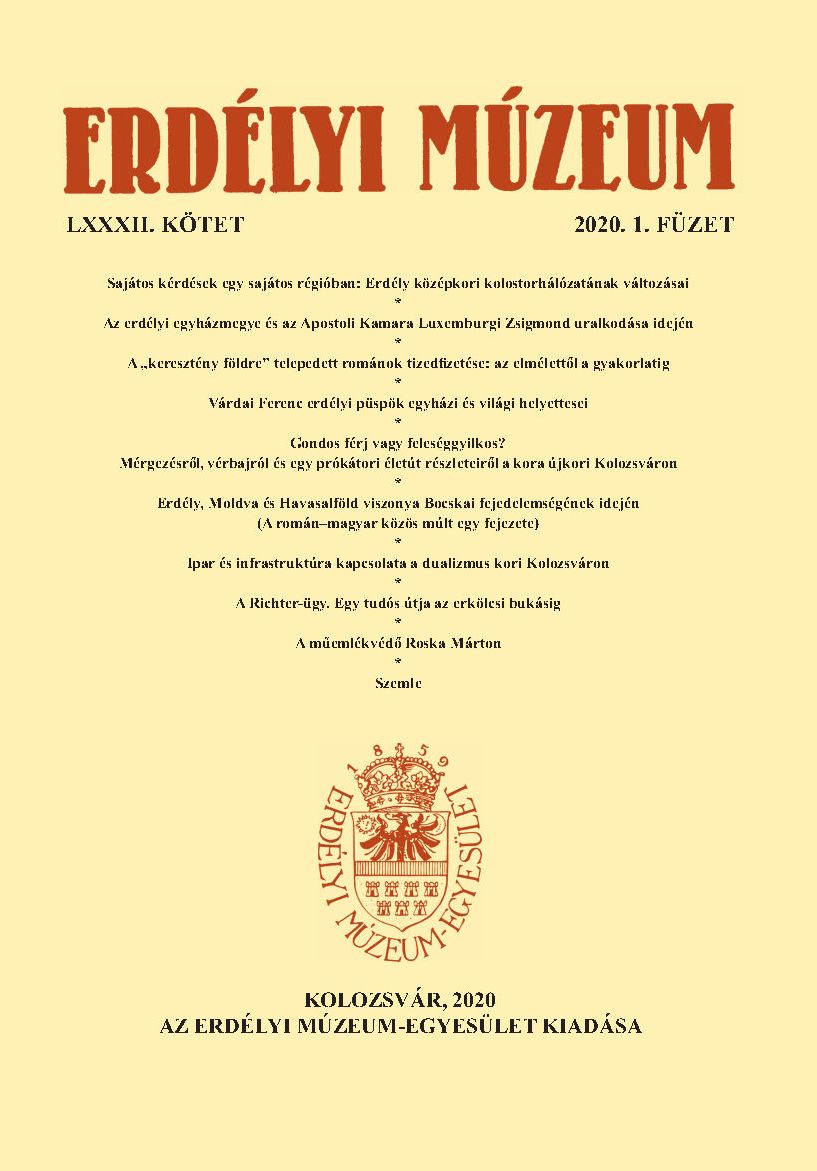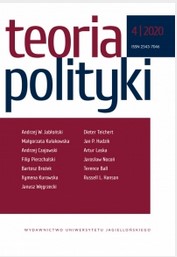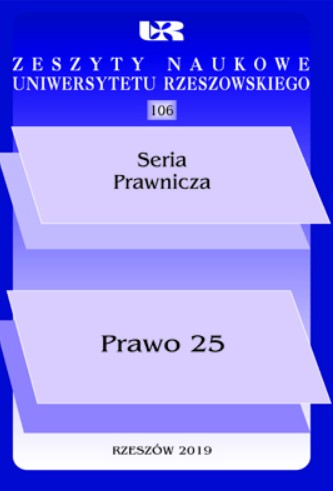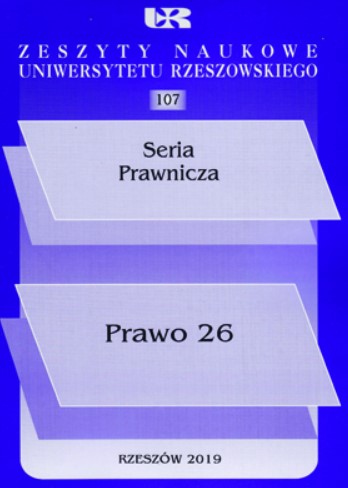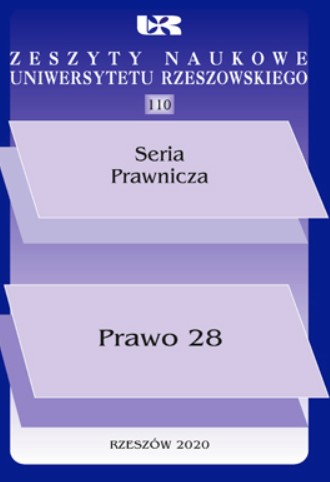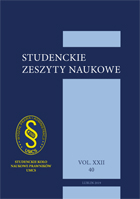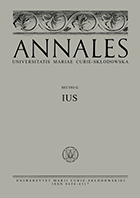
Roman Hausner (1883–1947) – wybitny administratywista Polski międzywojennej
Roman Henry Hausner (1883–1947) was a high-ranking state official in the Ministry of Home Affairs with a vast number of publications in the field of public law. The aim of the article was to present Hausner’s biography from the point of view of his career as an official as well as his creative activity including his role in the process of implementing public administration reforms in interwar Poland. On the one hand, the article presents the life of Hausner as an official and a member of a few committees on public administration in interwar Poland in chronological order. On the other hand, the study presents Hausner’s views concerning fundamental institutions of administrative law. These two elements do not constitute separate parts of the article since his work in the Ministry of Home Affairs and writing were presented as a certain whole. Such a picture is created by the biography of the protagonist of this paper who combined the practical aspect of his work as an official with the issues of writing. The author of the article argues that Hausner as a co-creator of many important drafts of legal acts, a propagator of far-reaching reforms in the field of public administration system and a prolific writer can be considered a significant figure of the interwar doctrine of administrative law.
More...
